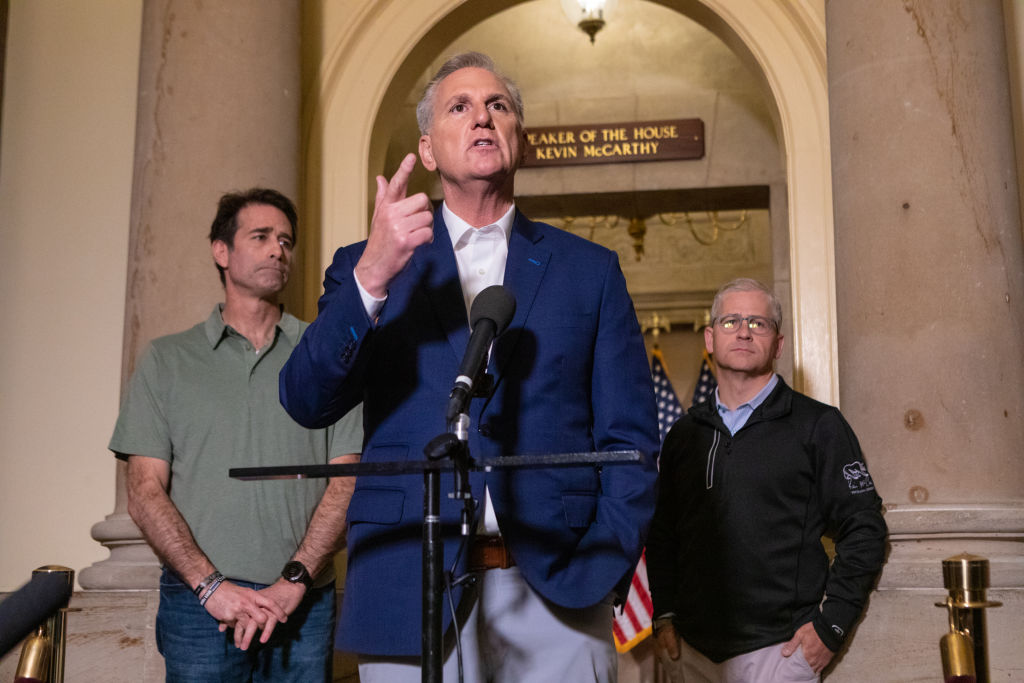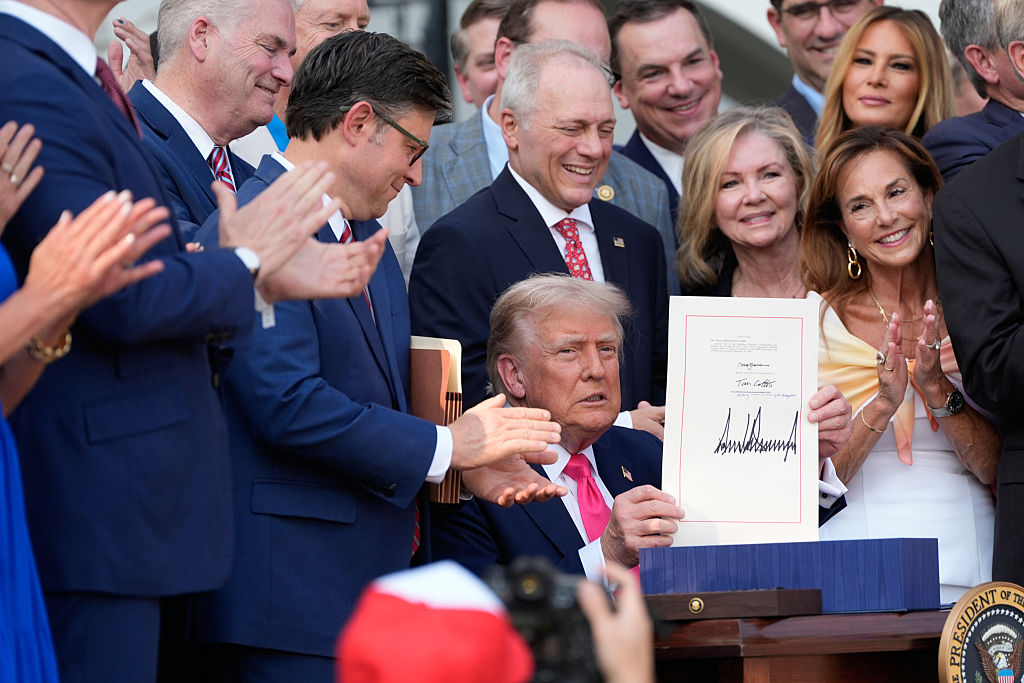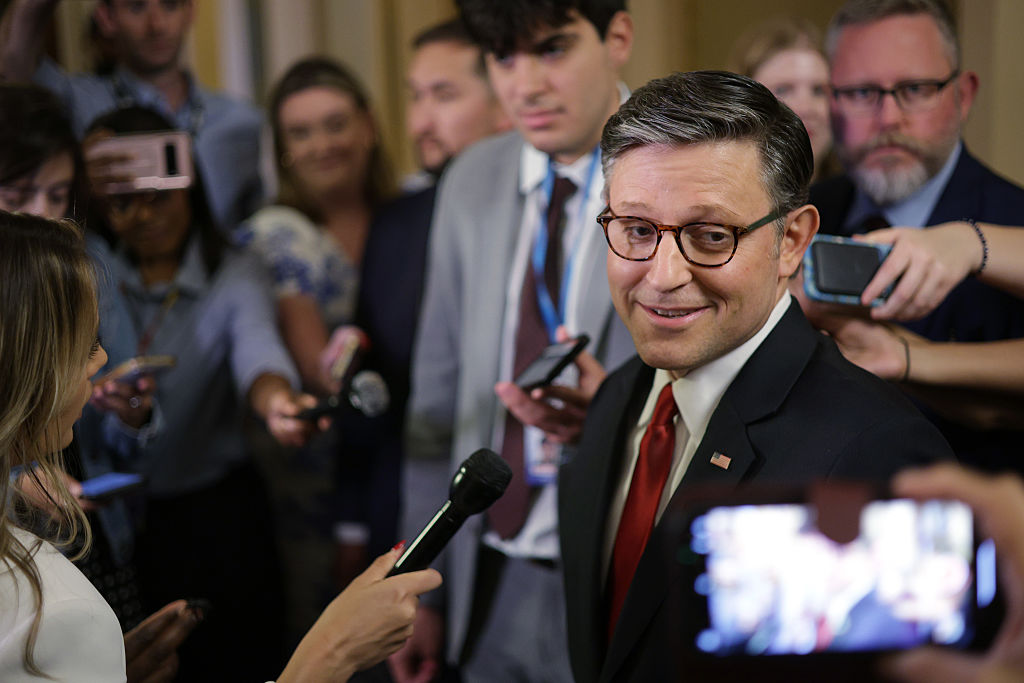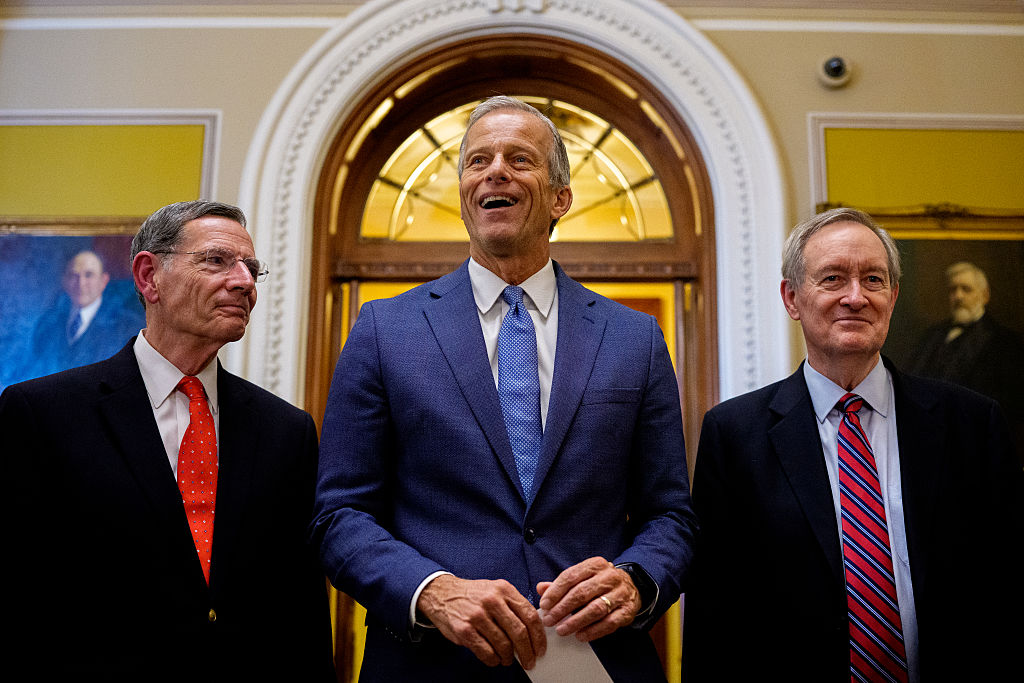After multiple rounds of negotiations to raise the debt ceiling with President Biden’s team — not the president himself, of course, because he was busy eating his ice cream — the House Republican leadership announced an agreement in principle, subsequently putting up language up over Memorial Day Weekend for members to consider.
There are hurdles to overcome, but based upon initial reactions, majorities of Republicans and Democrats are agreed on this deal, with opposition coming from fiscal conservatives and progressives: particularly environment-focused progressives angered by the inclusion of energy policy priorities for Republicans and for Senator Joe Manchin.
The overall lesson of this showdown for House Republicans ought to be the difficulty of achieving real cuts when their own hawks prevent any backing down on defense dollars. The need for a commission focused on internal reform of defense spending has never been more apparent, and it will take a veteran GOP member to lead such an effort. This is not to say that defense needs less investment at this juncture — it’s more about where the money is going. The principles learned from BRAC (Base Realignment and Closure) ought to be applied to the whole of defense if any real changes are to be made, and if these debt negotiations will ever begin without Republicans having a hand tied behind their back.
Another interesting element is the choice to let Joe Manchin have the natural gas pipeline he’s long wanted, and the advancement of other permitting reforms favored by Republicans. Progressive environmentalists are up in arms about this, but there’s not much they can do. And while the pipeline undercuts them, it’s also designed to keep Manchin playing nice with Democrats — so long as he remains one of them.
One way of looking at this deal is through the lens of the Budget Control Act of 2011. The context of the BCA was much different: Republicans had 240 members in the House and were facing off against a president much more willing to engage in dealmaking. That was, without a doubt, a much bigger win, but it also required ten years of cuts, which obviously Congress ignored, and was mostly about tricking the Congress into trapping themselves into the sequester — a classic example of “fool me once.”
Given that Speaker Kevin McCarthy is in a much weaker position than then-Speaker John Boehner, it’s a better deal than you might expect. $1.5 trillion in savings in the first two years is in reality a spending cut of around $900 billion, compared to $2.4 trillion in a ten-year window. The McConnell-Ryan-Trump spending bills were much worse — and many of the people lobbying against this deal also backed those.
This whole ordeal is a reminder that sequestration was a marvel for achieving its aims. Everyone believed that the GOP would flinch as soon as those cuts started, but they didn’t. With automatic across the board spending cuts if Congress does nothing at all, it set up a scenario where cuts went into effect and children did not starve, bridges did not collapse, and the whole raft of big spending claims was proven wrong. But perhaps that’s a once in a lifetime approach.
If you are a fiscal conservative with designs on running for higher office or statewide in the immediate future, you really ought to vote against this deal. It’s much easier to be a critic. But if this turns out to be second best to BCA, that’s still a solid position to be in given the House GOP’s margin and the need for Senate votes. The difference between a clean debt ceiling hike with no concessions and this is what you gain from a slim majority. It’s hard to see how they could’ve gotten much more.
Understand, the Democrats’ official position at the onset of this dealmaking process was: nothing, not even the fee for the license. They had the entire national media on their side, the tool of accusing GOPers of being hypocrites for their Trump-era spending, and the only guy who can veto the whole thing and force Republicans against the breaks. And then not only did the Democrats have to negotiate: they negotiated in ways that damaged them with key interest groups! They even did Republicans a favor, arguably, by blocking shiny objects like tighter work requirements on food stamps. What a foolish thing for these supposedly New Right GOPers to pursue — and yet they did, and Democrats bailed them out!

























